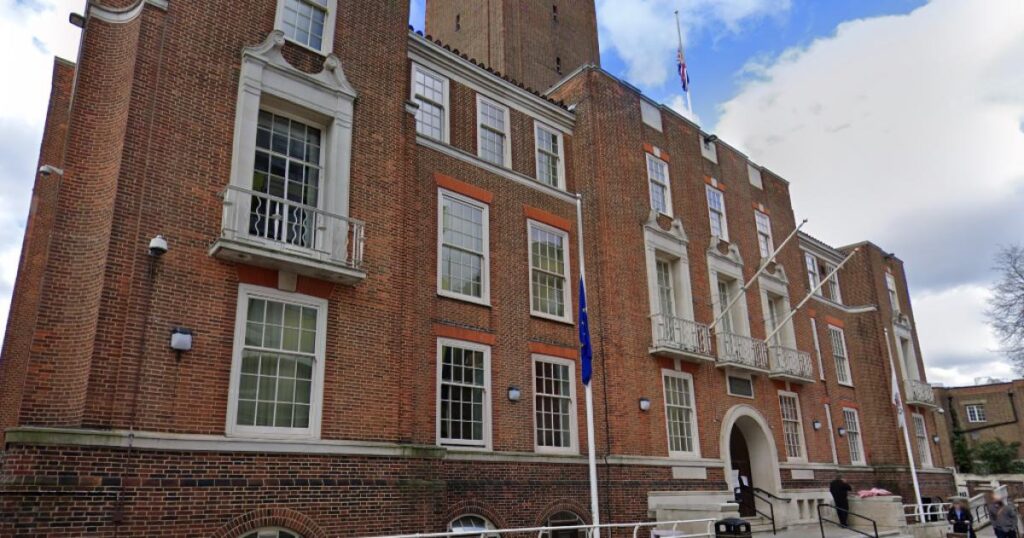Data from the Ministry of Housing, Communities and Local Government (MHCLG) reveals that Barking & Dagenham had the eighth largest overall debt in the UK at the end of March 2025.
This stood at £1,523,750,000 – a rise of more than £202 million, or 15 per cent, from the same time the previous year.
Analysis of these figures from the BBC Shared Data Unit shows that this debt rise equates to £909.09 per person in the borough, which is 13 times the national average.
READ MORE: Barking riverside bar owner ‘gutted’ to close due to financial struggles
This is also the third largest rise in the country, beaten only by Greenwich Council and Kensington and Chelsea Council.
However, a spokesperson for Barking & Dagenham Council said there is “no financial distress at the council”, arguing that its Investment Acquisition Strategy (IAS) debt was “wrongly included” in the figures.
The spokesperson said: “As reported to Cabinet on 17 June, the council had a small underspend in the 2024/25 financial year.
“The IAS debt is around £1 billion and the costs of paying the debt interest are funded from the income from the housing rents and from commercial properties within major regeneration schemes.
“This programme has had a transformational impact in one of the most deprived boroughs in London.
“The level of council tax payerfunded debt is low in terms of London Borough debt, at less than £500 million, and more than half of this relates to the Housing Revenue Account and is historic, with no borrowing added for many years.”
They added that there is “no question” of a Section 114 notice – the equivalent for a council of declaring itself bankrupt – being issued, and no conversations on this subject with the Ministry of Housing, Communities and Local Government or the council’s external auditor.
READ MORE: Students achieve borough’s best-ever GCSE results
Overall, UK councils owe a combined £122.2 billion to lenders, as of April 2025, which is up seven per cent from a year ago.
To get the debt total for each area, the BBC Shared Data Unit added up all the borrowing categories listed in the Department for Levelling Up, Housing and Communities borrowing and investment live tables.
A MHCLG spokesperson said: “While councils are responsible for managing their own budgets, we know that the current funding system is broken which is why we are taking decisive action so local leaders can deliver the public services their communities rely on.”




